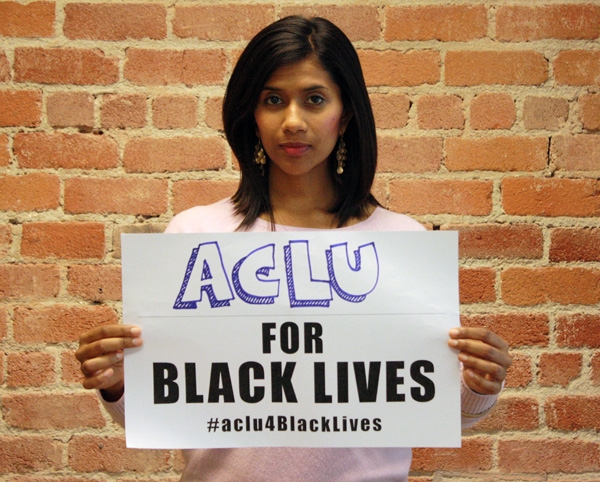An Alabama Porch Lesson: Sober Celebration on MLK Day
Page Media

When I moved into a sleepy Southern home in Montgomery, Alabama, that was so redolent with history, I imagined it to be the perfect place for inspiration. But I found living in a house where key civil rights leaders had once gathered to be far more sobering than inspiring.
As an aspiring racial justice lawyer, the historical heart of the civil rights movement appeared to be an ideal place to start my career. Montgomery is home to Dr. Martin Luther King, Jr.’s Dexter church, the Rosa Parks bus boycotts, and was the starting point of the famous Selma march.
My Montgomery house had once been home to Virginia and Clifford Durr, who represented and defended Rosa Parks. Virginia worked as one of the few white Civil Rights activists of her time, leveraging her position of privilege as a highly educated white woman to support the movement.
When Virginia returned to her native Alabama in 1951, she was deeply affronted by the racism and prejudice in Montgomery. As an outlet for her frustrations, she wrote hundreds of letters to her friends in Washington, D.C. from the movement’s front lines. She described sit-ins, freedom rides, and student protests.
Reading Virginia’s letters on the same porch where she once sat with heroes like Rosa Parks obviously offered me a unique perspective on civil rights history. However, her letters also left me deeply unsettled. Virginia’s view from her 1951 Montgomery porch wasn’t so different from my 2014 porch view.
Virginia wrote about the inequities of segregation—segregation condoned by the law. Yet today, fifty years after the dismantling of de jure segregation, most of our schools and many of our neighborhoods are just as racially segregated as Virginia’s time, prior to legal integration. Students of color are more often than not confined to racially-isolated and underfunded schools.
Virginia described Montgomery as a social caste system, explaining how Jim Crow laws created an inescapable second-class citizen status for African Americans in the South.
Today, we credit civil rights heroes like Virginia for the movement’s success in dismantling those racist Jim Crow laws, but we’ve nevertheless created a new racial caste system, using mass incarceration, the war on drugs, and racial bias in law enforcement as a form of racialized social control. We disproportionately put people of color behind bars, and then limit their ability to function in society upon release.
Virginia described to her friends in Washington how formal and explicit racial restrictions made economic survival for African Americans in the South nearly impossible.
Today, civil rights statutes outlaw explicit racial classifications, but nevertheless African Americans and other people of color find themselves systematically cut off from credit, homeownership, and employment. Disparities in wealth and income clearly fall along color lines.
Virginia’s greatest frustration in her letters to friends was the injustices of onerous voting restrictions that prevented most African Americans in Montgomery and the South from casting a vote.
Yet, fifty years after the epic Montgomery to Selma march and the culminating Voting Rights Act, the most critical provisions of the act no longer remain. We also allow some states to prohibit formerly incarcerated individuals from voting, thereby allowing the racial injustices of the criminal justice system to bleed into civic participation.
On a day like this, when we pause to honor the life and achievements of the movement’s greatest hero—Dr. Martin Luther King, Jr.—Virginia’s letters and story offer an important lesson. We must celebrate MLK’s life and leadership, but we must do so responsibly. We must temper our celebration of how far we’ve come with a sober awareness of how much remains to be done.
Truly honoring heroes like Virginia and MLK means working hard to safeguard their victories of the past while simultaneously taking affirmative steps to dismantle the systemic inequities and barriers that persist.
Nayna Gupta is a Racial Justice Fellow at the ACLU of Northern California.
